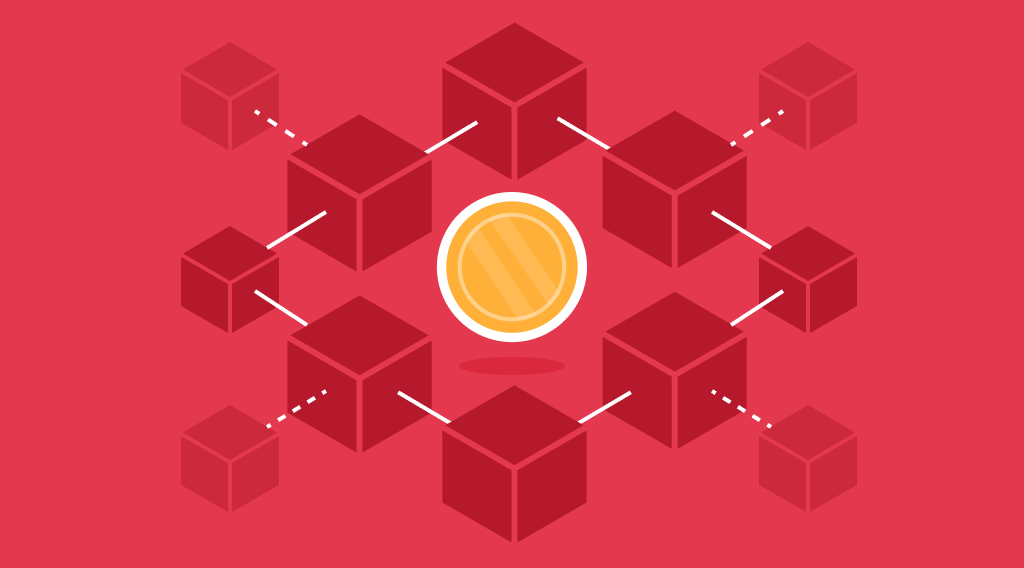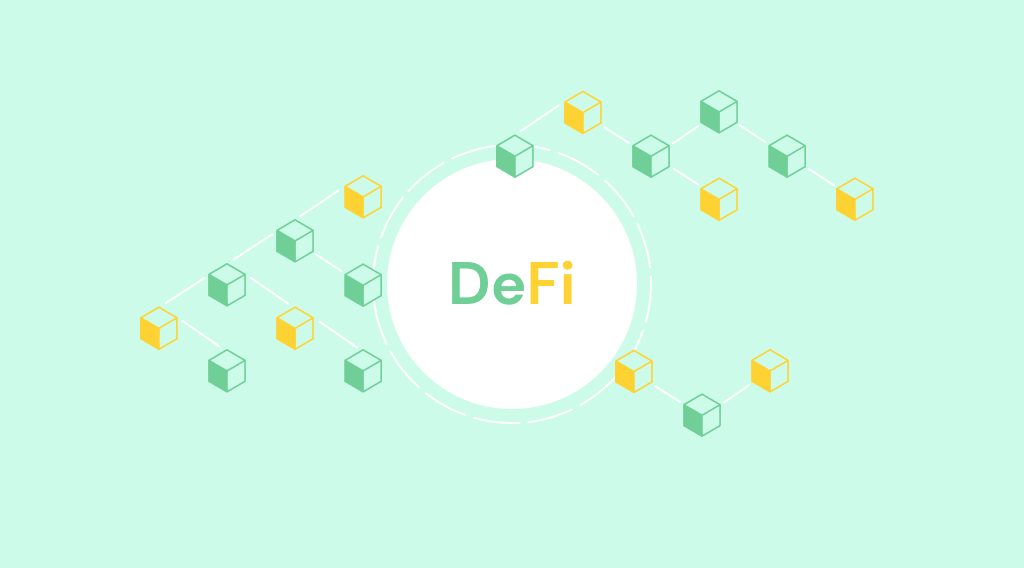Exchange Bancor (BNT) at the Best Rates
Instantly exchange Bancor at the best price and with the lowest fees on StealthEX. Free from registration, fast, and limitless BNT swaps. You can see for yourself how convenient it is.
Bancor (BNT) Price Statistics
Price (USD)
$0.611941Circulating Supply
$114.2207MVolume (24h)
$4.2671MMarket Cap
$69.9593MLow/High 24h
$0.593951 - $0.616407Change (24h)
$0.01323969
What is Bancor (BNT)?
BNT stands for Bancor Network Token, a native protocol token for the Bancor Network used as the default reserve currency for automated market maker (AMM) liquidity pools created on this network. Liquidity pools perform autonomous, peer-to-contract token trades and generate fees from each trade. Anyone can provide liquidity to a pool and, in return, receive conversion fees from trades that pass through the pool. Providing liquidity to a Bancor pool is permissionless (no central party can block or control the process) and easy for everyday users (add liquidity in a couple clicks).With the upcoming launch of the BancorDAO, BNT will also serve as a governance token allowing holders to propose and vote on upgrades to the Bancor Protocol.
History brief
The work on the Bancor project started in August 2016, with the project’s White Paper released in early 2017. In June 2017, BNT tokens were made available for purchase in a crowdsale, and activated on June 22. By the end of the year Bancor developed and launched its Web App, making the ecosystem more accessible to the world and enabling users to buy and sell BNT directly on-chain via the web interface.
At launch, the BNT token could only be used on top of the Ethereum blockchain. In September 2018, the expansion of the Bancor protocol to the EOS ecosystem, dubbed BancorX, was announced. On November 5, 2018, BancorX went live, enabling automated token conversions between Ethereum and EOS-based assets with atomic swaps. On March 5, 2019, Bancor released a new Unified Wallet which officially celebrated the convertibility of BNT-based tokens between Ethereum and EOS liquidity networks.
On January 1, 2020, Bancor successfully conducted an airdrop by converting the underlying reserve currency (Ether) of BNT into a separate pool token. At the time, this turned all BNT holders into liquidity providers able to earn off the fees collected from token exchange operations on the Bancor Network. This allowed the platform to change the supply model of BNT from dynamic to fixed, with the ETH reserve of BNT now turning into the ETH reserve of the corresponding liquidity pool.
Where can BNT be used?
What sets Bancor apart from most decentralized and centralized exchanges is liquidity on Bancor is provided by thousands of unaffiliated users who each receive a share of Bancor’s on-chain trading fees, instead of liquidity coming from a small number of professional market-makers. Users can launch a new automated market-maker liquidity pool in a couple clicks. Or you can buy into an existing pool in exchange for a share of its trading income.
Users deposit liquidity in exchange for pool tokens. These ERC20 tokens collect fees from conversions that pass through the pool.
Users receive fees generated by their pool in accordance with their share in the pool reserves. As pool tokens are controlled by Ethereum-based ERC20 smart contracts, users can instantly liquidate them by selling back to the contract and thus withdrawing their share from the liquidity pool.
Most Bancor liquidity pools consist of two components: the first is Bancor’s Network Token, and a “base token”, for example, DAI. BNT fits into this scheme as an intermediary token to connect different pools with different reserves (for example, Ether, BAT, DAI) in the same network or across blockchains. This facilitates a seamless exchange of any token supported on the Bancor Network, while using BNT as the reserve asset makes for efficient processing of token trades across different blockchains.
Future plans
In an April 2020 blog post, Bancor announced its plans to update the Bancor Protocol to its second major version, Bancor V2, scheduled for release in July 2020. It seeks to address a number of key issues preventing widespread adoption of the Bancor protocol. Commonly cited among these are opportunity costs of providing liquidity, high slippage leading to capital inefficiency, and, most importantly, the so-called impermanent loss.
Impermanent loss refers to the fact that users who provide liquidity to markets can see their tokens perform poorer in comparison to simply holding these assets in the wallets. This shortcoming is considered one of the reasons preventing users from providing liquidity as they bear the risk of underperforming compared to an old-school buy-and-hold strategy. Bancor V2 deals with this risk by enabling the creation of automated market makers with pegged liquidity reserves even for volatile tokens.
Another improvement enables integration of lending protocols aimed at notching up profitability for liquidity providers and, by extension, effectively lowering the opportunity costs of providing liquidity to markets. With this feature, the liquidity providers will be able to generate additional income for themselves by accruing lending interest on top of regular trading fees.
AMM liquidity pools have long been criticized for capital inefficiency due to high slippage. In essence, lack of liquidity leads to bigger spreads between buy and sell prices, which makes Bancor less competitive with regular, order-book based exchanges. To mitigate this issue and boost the capital efficiency, Bancor V2 pushes more liquidity into a given range of conversion prices, thereby reducing slippage and providing more volume with less capital required.
Pros and cons
BNT token can be instrumental in pursuing such goals as:
- Liquidity provision from token communities and everyday users
- Vehicle for generating passive income through trading fees.
- Powering token conversions that are automated, on-chain and non-custodial
- Decentralizing governance of the Bancor Protocol
You should also be aware of the following:
- Smart contracts are complicated. Smart tokens built on top of them are even worse. You may in fact need a computer science degree to get the hang of how they work.
- The field of decentralized finance (DeFi) is a new kid on the block, and as with anything new and complex, there are bugs coupled with systemic risks.
Famous quotes
"The big vision is, everybody has a coin. It's worth whatever it's worth, and it's all tradeable through the Bancor system, and that is a vision that I am a total believer in." – Tim Draper, an American venture capital investor and major proponent of Bitcoin and decentralization
“I have been following the emergence of community currencies all over the world for decades. I needed to read the Bancor Protocol white paper three times in order to be convinced that it was a breakthrough. It is a solution for which I didn’t dare to hope." – Bernard Lietaer, Architect of the Euro
“We should remember that at its heart, the blockchain revolution is about systems change. And there are lots of strong teams working on it. Wishing @Bancor the best and congratulating them on the progress.” – Mike Novogratz
Interesting facts
During the Bancor Network ICO in June 2017, 39.6 million BNT had been issued in exchange for 396,720 ETH. They were sold out in less than three hours, making for a record-breaking crowdsale of $153M. This amounted to the biggest token allocation event in history at the time that was surpassed only in December 2017 by ICO run by Sirin Labs, a developer of smartphones with a built-in cold storage wallet.
The token was christened after the supranational currency conceptualised by the prominent English economist John Keynes in early 1940’s. Bancor means “bank gold” in French, or “banque or”. Such a currency was proposed to be used after World War II in international trade as a unit of account. In the end Keynes’ proposal has been declined in favor of pegged exchange rates tied to the US dollar redeemable for physical gold.
How to get BNT?
Nowadays Bancor is among the leading crypto coins by crypto market capitalization. You can buy BNT coin at StealthEX exchange with a low fee.
Just go to StealthEX and follow these easy steps:
✔ Choose the pair and the amount for your exchange. For example BTC to BNT.
✔ Press the “Start exchange” button.
✔ Provide the recipient address to which the coins will be transferred.
✔ Move your cryptocurrency for the exchange.
✔ Receive your coins!
Follow us on Medium, Twitter, Facebook, and Reddit to get StealthEX.io updates and the latest news about the crypto world. For all requests message us via [email protected].
Bancor Price Chart
Bancor (BNT)
Related Articles

Crypto World
What Is DeFi in Crypto? Is Decentralized Finance the Future?
What is DeFi in crypto world? Is DeFi a good investment? Is Decentralized Finance the future? What are DeFi coins?

Crypto World
What Is Staking Crypto Coins? Quick Start Guide
Find out what staking crypto is. Learn about the differences between Proof of Work vs Proof of Stake. Discover types of cryp...

Crypto World
What Is DeFi and How Does Decentralized Finance Work?
How Decentralized Finance Came to Be? Decentralized Finance (DeFi) can be rightfully considered a third revolution in the cr...
StealthEX.io uses cookies to ensure you get the best experience. Please read our cookies policy